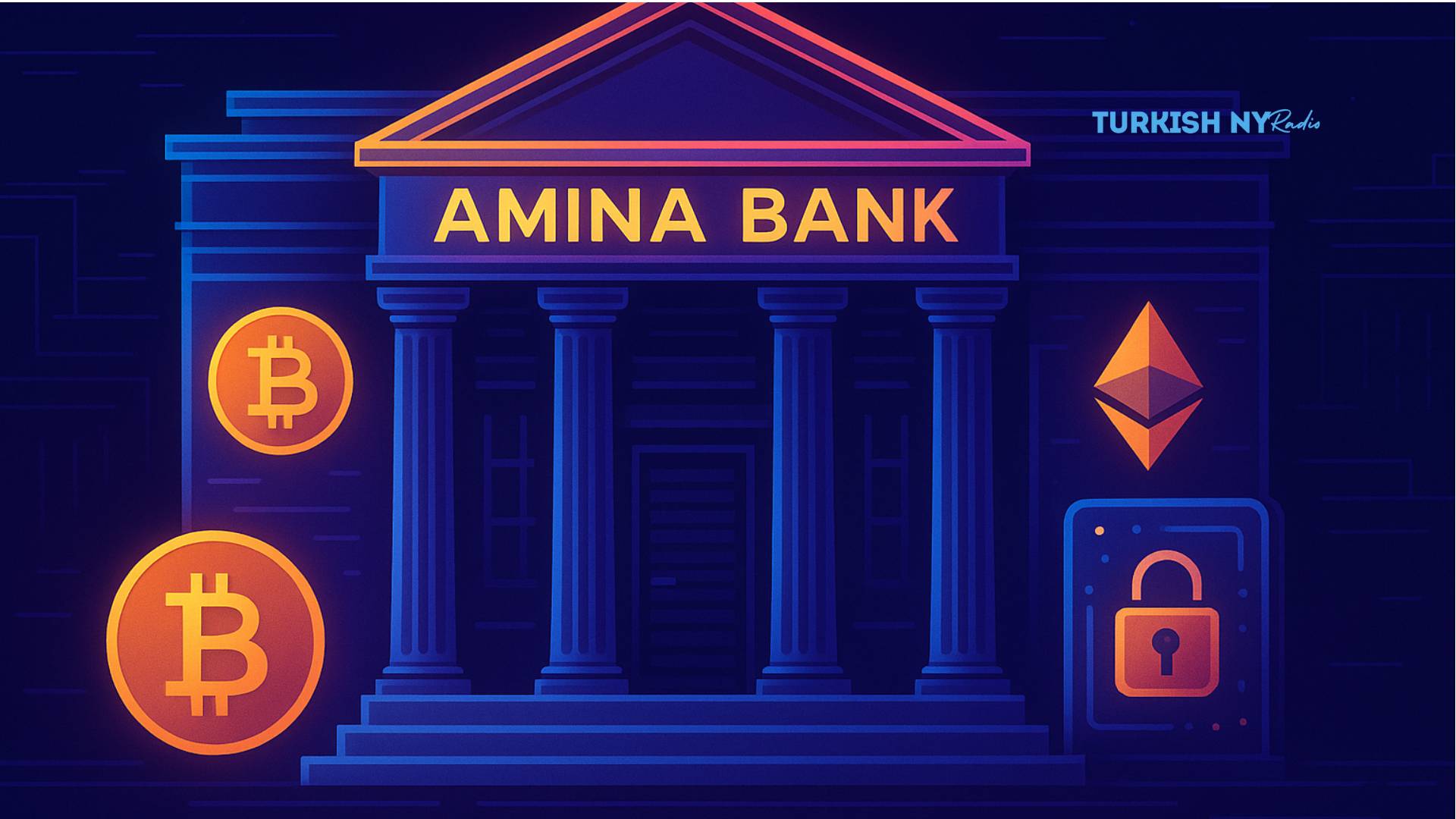AMINA Bank has secured a key regulatory upgrade in Hong Kong that allows its local unit to offer institutional crypto trading and custody under the city’s securities rules. The move places the Swiss regulated crypto bank at the center of efforts to attract professional investors who want digital asset exposure inside a supervised environment.
The securities regulator has approved an uplift of the firm’s existing Type 1 license so the Hong Kong subsidiary can deal in virtual assets for professional investors. Instead of relying on offshore venues, institutions can now access crypto markets through a bank that already operates under strict Swiss and regional oversight, which makes Hong Kong a strategic bridge for AMINA Bank.
What The License Uplift Actually Changes
Under the updated permissions, the Hong Kong entity of AMINA Bank is allowed to provide round the clock spot trading in a range of leading cryptocurrencies together with regulated asset safeguarding. Eligible users include institutions, corporates, family offices and other professional investors who meet local thresholds.
Clients can place orders and hold assets with a bank that uses segregated accounts, audited controls and clear reporting lines. For investment committees and risk teams, that structure can look much closer to existing brokerage and custody relationships than to a stand-alone crypto exchange.

A New Piece In Hong Kong’s Crypto Strategy
The approval arrives as Hong Kong works to cement its role as a regional center for regulated digital assets. Officials want growth in the sector to rest on clear licensing, stronger liquidity and consistent safeguards for investors, rather than on unchecked speculation.
Within that policy shift, the bank offers a different profile from most trading venues. It combines banking culture, capital and governance with a platform built for crypto, which can ease concerns for professional investors that are sensitive to operational risk and regulatory perception.
How AMINA Serves Institutional Crypto Demand
With the new license in place, the Hong Kong unit of AMINA Bank can provide spot trading and custody for a curated list of major cryptocurrencies, including Bitcoin, Ethereum, leading stablecoins and selected DeFi tokens. Assets are stored in institutional-grade wallets, and deposits and withdrawals are routed through whitelisted addresses that pass strict compliance checks.
Clients can view and manage their crypto exposure alongside other holdings through a single platform for account management, execution and portfolio reporting. This integration is a key indicator for many institutions when they assess whether to expand allocations to digital assets, because it helps them track positions and test how crypto behaves under different market conditions.

Over time, the offering in Hong Kong may extend beyond straightforward spot holdings into tokenized assets and structured strategies, still inside a framework built around capital protection, governance and transparency, which remains central to the AMINA Bank model. Market observers expect tokenization, yield products and on chain settlement tools to be natural next steps as rules permit.
What This Signals For The Wider Crypto Market
The entrance of AMINA Bank into Hong Kong’s institutional crypto segment points to a broader shift in how digital assets connect to mainstream finance. The focus is moving away from short term retail speculation and toward regulated access points that can handle larger tickets and stronger due diligence from global institutions.
For the market, indicators to watch include trading volumes on regulated venues, the share of flows that route through bank-backed platforms, and the number of institutions that complete onboarding. Rising figures in these areas would support the view that clearer rules and vetted infrastructure can draw fresh capital into crypto without losing sight of investor protection.
Conclusion
The Hong Kong license uplift gives AMINA Bank a visible role in the next phase of institutional crypto adoption. Professional investors in the city now have a path to Bitcoin and other digital assets that looks closer to the way they already trade equities or foreign exchange, with segregation of client assets and formal oversight built in.
The development also gives regulators a real-time example of how bank-led crypto services can operate within existing laws while still supporting innovation. If the model proves resilient through different market cycles, it may strengthen the view that the future of institutional crypto will belong to regulated platforms that combine banking discipline with blockchain native technology, and AMINA Bank has positioned itself early in that race.
Frequently Asked Questions
Q: What exactly did AMINA Bank receive in Hong Kong?
A: The bank’s Hong Kong unit received an uplift to its existing Type 1 license from the local securities regulator. This upgrade allows the entity to deal in virtual asset spot trades for professional investors and to provide related custody within Hong Kong’s regulated framework.
Q: Who can use AMINA Bank’s new crypto services in Hong Kong?
A: The services are limited to professional investors. This group includes institutions, corporates, family offices and high net worth clients that meet Hong Kong’s eligibility and onboarding requirements. Retail investors are not the target of this approval.
Q: Which cryptocurrencies are available on the Hong Kong platform?
A: AMINA Bank can support a curated list of leading assets, including Bitcoin, Ethereum, major USD-backed stablecoins and several large DeFi tokens. The list focuses on high liquidity coins that fit the bank’s risk framework and regulatory obligations.
Glossary of Key Terms
Type 1 license
A regulatory permission in Hong Kong that covers dealing in securities, now expanded in this case to include certain virtual asset activities for professional investors.
Professional investor
A client category that includes institutions, corporates, family offices and high net worth individuals that meet asset and sophistication thresholds set by Hong Kong’s rules. These clients can access products that are not available to retail investors.
Custody
The safekeeping of digital or traditional assets on behalf of clients. In the crypto context, this usually involves secure wallet infrastructure, strict access controls, whitelisting of addresses and ongoing audits to reduce the risk of loss or misuse.






































